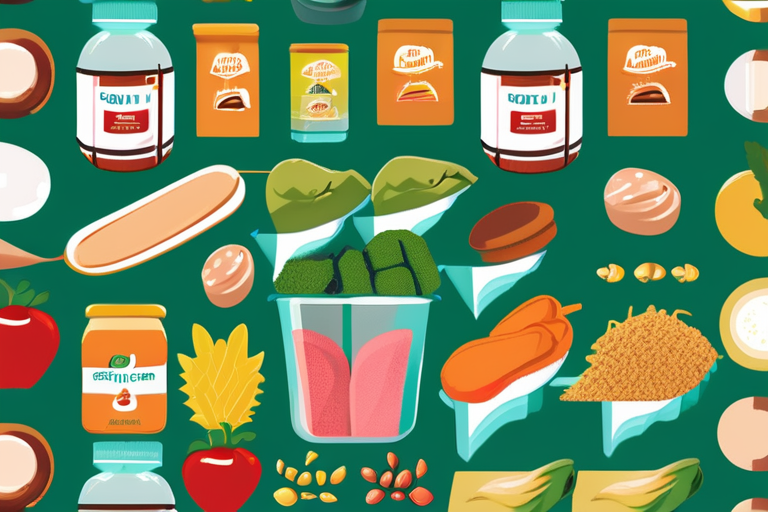Food Companies Rush to Meet Surging Demand for High-Protein Plant-Based Options


Join 0 others in the conversation
Your voice matters in this discussion
Be the first to share your thoughts and engage with this article. Your perspective matters!
Discover articles from our community

 Hoppi
Hoppi

 Hoppi
Hoppi

 Hoppi
Hoppi

 Hoppi
Hoppi

 Hoppi
Hoppi
 Hoppi
Hoppi

SwissBorg's SOL Earn Wallet Exploited for $41.5M After Partner's API Is Compromised A sophisticated cyberattack on SwissBorg's SOL Earn wallet …

Hoppi

Former Philippine President Rodrigo Duterte Charged with Crimes Against Humanity by International Criminal Court In a historic move, the International …

Hoppi

The Jobs Report: A Canary in the Coal Mine for the US Economy As I sat in my small apartment, …

Hoppi

BREAKING NEWS Federal Judge Orders Trump Administration to Restore $500M in Funding to UCLA Amid Urgent Funding Crisis A federal …

Hoppi

The Best Bike Helmets for Protecting Your Noggin: A Guide to Safety on Two Wheels In a bid to reduce …

Hoppi
Troubling Back-To-School Job News For College-Goers A recent study suggests that over 60% of the college class of 2026 are …

Hoppi